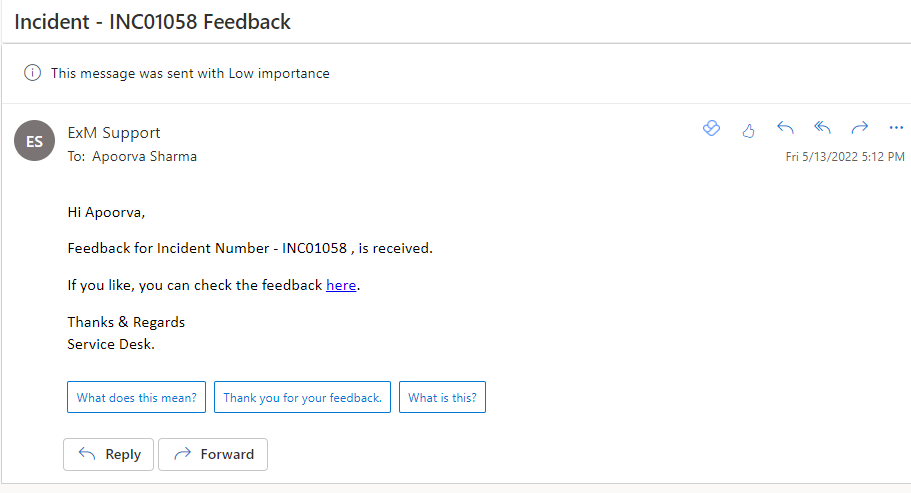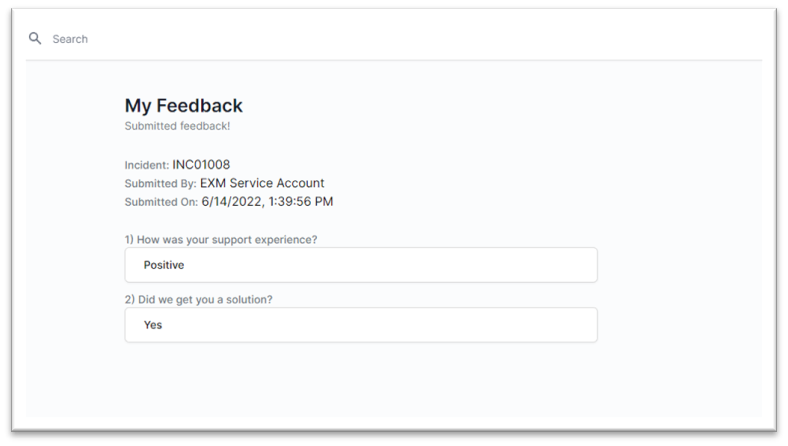Lifecycle of an Incident
The role of incident management is to manage the lifecycle of incidents, from their creation to their closure.
There are many phases to Incident Management, and each is vital to its success and the quality of services it provides. The following diagram illustrates the different states:
State model for Incident Management
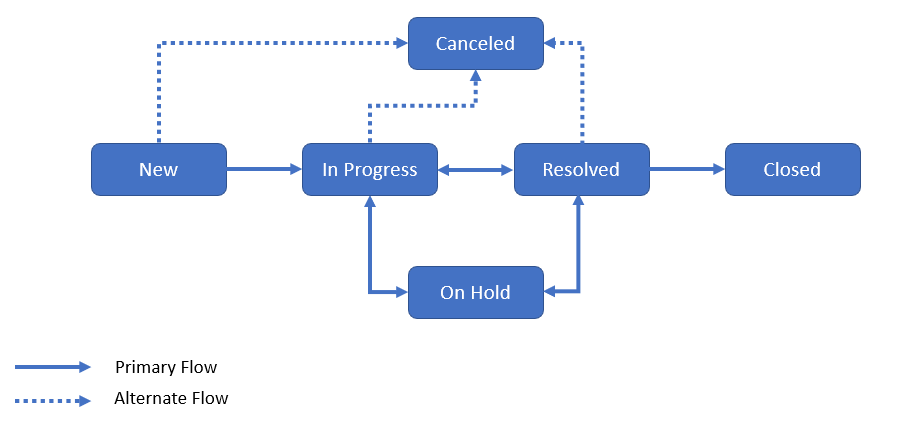
Incident Status
| State | Description |
|---|---|
| New | The incident has been logged but not yet investigated. |
| In Progress | The incident has been assigned and is under investigation. |
| On Hold | Another entity temporarily assumes responsibility for providing additional details, evidence, or resolving the incident. The list of reasons for On Hold appears when you select the option. Note: If the caller updates the incident, the on-hold reason field will be cleared, and the incident will be flagged as In Progress. As well as emailing the user whose name appears in the Assigned to field, the email is also sent to the users listed in the Informed Names. In addition to being placed on hold, an incident can also be closed more than once. |
| Resolved | To prevent future occurrences of this incident, a satisfactory fix is provided. |
| Closed | When the incident has been in the Resolved state for a specified period and it has been determined that it has been satisfactorily resolved, it is marked as closed. |
| Canceled | This incident was triaged, but it was determined that it was a duplicate, an unnecessary, incident, or not an incident at all. |
Incident Feedback
The EXM platform facilitates gathering customer feedback or rating of IT support and service. For example: sending customer satisfaction surveys or feedback request emails after the closing of an incident record.
Once the incident in Closed, a feedback link is sent to the user by email notification.
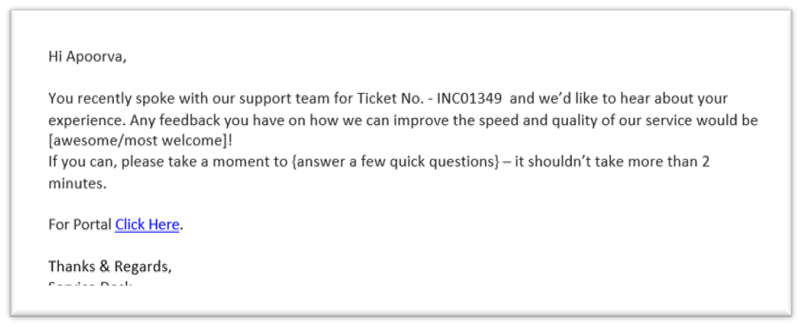
The feedback form can be filled from the portal or MS Teams.
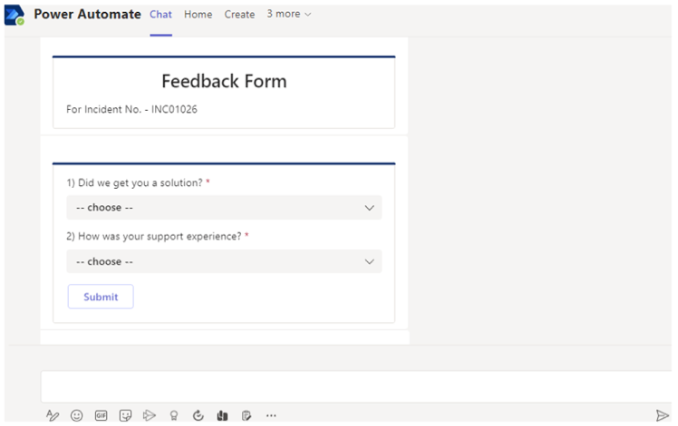
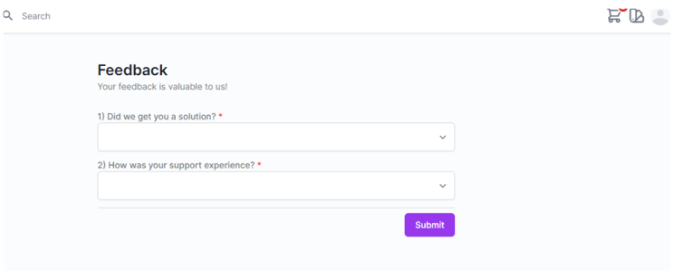
After the user has submitted the feedback, an email will be sent out to the assigned person with a link to the portal, where the assigned person can view the feedback given by the user.
